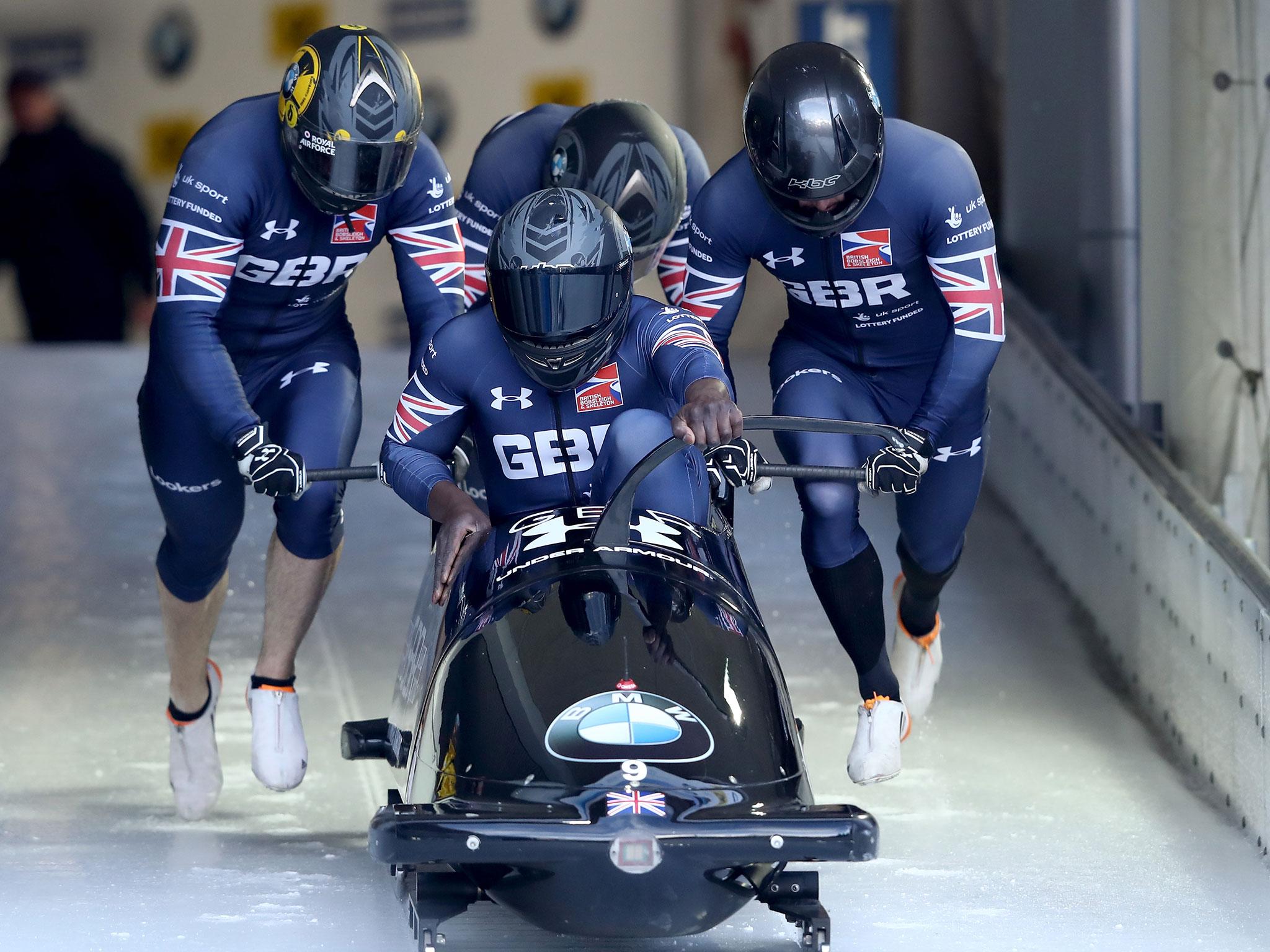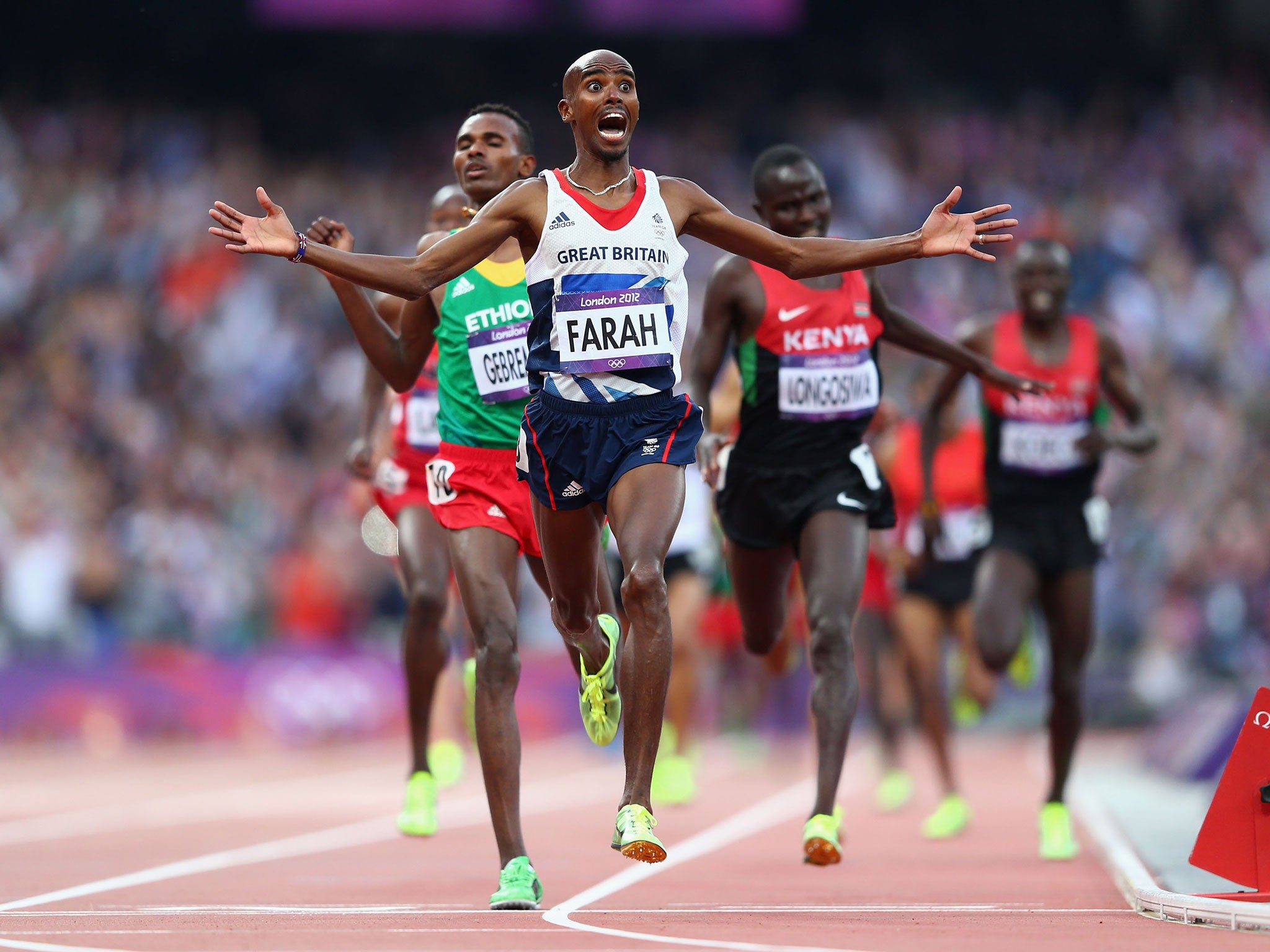Counting the human cost of Britain's Olympic dream: is sport still fit to be called sport at all?
What’s the cost of an Olympic medal? Just ask Gail Emms, who actually won one: silver in badminton in Athens, and now finds herself penniless, desolate, struggling to put petrol in her car

Your support helps us to tell the story
From reproductive rights to climate change to Big Tech, The Independent is on the ground when the story is developing. Whether it's investigating the financials of Elon Musk's pro-Trump PAC or producing our latest documentary, 'The A Word', which shines a light on the American women fighting for reproductive rights, we know how important it is to parse out the facts from the messaging.
At such a critical moment in US history, we need reporters on the ground. Your donation allows us to keep sending journalists to speak to both sides of the story.
The Independent is trusted by Americans across the entire political spectrum. And unlike many other quality news outlets, we choose not to lock Americans out of our reporting and analysis with paywalls. We believe quality journalism should be available to everyone, paid for by those who can afford it.
Your support makes all the difference.What’s the price of an Olympic medal? That’s an easy question to answer. It’s about £4.1 million, if you crudely divide the £274 million handed out by UK Sport in the last Olympic cycle by the 67 medals Team GB won in Rio de Janeiro last year, their most successful Games in over a century.
That’s the price. But what’s the cost of an Olympic medal? To answer that question, you need to look behind the numbers.
You need to look, for example, at British Swimming, currently reeling from a bullying scandal for which its chairman was forced to apologise last week. Para-athletes were abused and fined for failing to record personal bests. Details of their private conversations with team psychologists were disclosed to coaches and used against them. According to the BBC, some swimmers were so traumatised they were offered counselling.
You need to look at British Canoeing, where a coach resigned after an internal investigation into claims of grooming and sexual assault and where an independent investigation into concerns the governing body failed to appropriately deal with complaints made about its staff is due to report at the end of this month.”
You need to look at British Cycling, assailed by accusations of sexism and bullying in recent years. And you need to look at the British Bobsleigh and Skeleton Association, where several senior athletes have complained of racism, sexism and discrimination, and where head coach Lee Johnston remains in place despite telling a black member of his team that “black drivers do not make good bobsleigh drivers”.
And this, by the way, is just the stuff we know about. If there is one thing we’ve learned in all this, it is that many sporting administrations in this country lack the most basic transparency or oversight. Yet, as a result of this country’s fixation with Olympic medals, UK Sport has lavished these very same bodies with substantial public funds, handed over on one condition alone: that they continue to satisfy our primal urge for precious metal.

Clearly, it would be absurd to link every single welfare scandal in an Olympic sport to an obsession with medals. After all, there are creeps and bullies in every environment. But what we can say is that it has created the circumstances in which abuse can thrive. Some sports have gone from zero central funding to eight-figure sums in the space of a decade. This creates all-powerful coaches and performance directors, armed with massive budgets, yet without the infrastructure and safeguards, the checks and balances, that might prevent them from abusing their position.
The “culture of fear” that British swimmers experienced at the hands of their superiors also operates in subtler, more insidious ways. It is the fear of a coach who worries whether she will be able to feed her family unless she hits her medal targets. It is the fear of a diver, standing at the end of the board, knowing that if he messes up this dive, not only is his own livelihood at stake, but those of his team-mates, his coaches, his friends, perhaps even his entire sport.
You will occasionally see two-bob commentators arguing that this is simply the price of sporting excellence, the inevitable corollary of a winning culture, as if it were impossible to attain the very highest standards and treat people with respect at the same time. The truth is that it doesn’t have to be like this. During the last Olympic cycle, UK Sport conducted a strategic review into its own values and priorities, considering whether medals really should be the sole indicator of elite success.
After canvassing a wide range of views from across sport, it found a significant number who opposed the obsession with medals, and advocated other, parallel measures of success: increasing participation, engaging and inspiring young people, reflecting society as a whole. “As UK Sport funding is public money,” wrote one respondent, “the consequences of UK Sport’s strategy must also address four key checks. Who benefits? Is it equitable? Does it entrench privilege? Are the sports relevant to UK citizens?”
UK Sport considered these views carefully, and then simply decided to carry on doing things the way they had always done them. “The key measures of success are medals and medallists,” the review concluded, adding: “The focus on medals is broadly supported across the stakeholder universe.” Across the Stakeholder Universe: the greatest tune The Beatles never wrote.
What’s the cost of an Olympic medal? Just ask Gail Emms, who actually won one: silver in badminton in Athens in 2004, and now finds herself penniless, desolate, struggling to put petrol in her car, discarded by the sport to which she devoted her life. She has been a vocal critic of UK Sport’s “Simon Cowell approach” to funding, and in an engaging interview with The Guardian described her experience of returning to normality after the dreamy otherworld of Olympic fame: “Well done, here’s a pat on the back. Now fuck off and get a proper job.”

This is the human cost of an Olympic medal: the lost hours and the dashed hopes, the tears and the sleepless nights, the abuse and the victimisation, the terror and the shame. And these are the human victims of our magpie-lust for gold, silver and bronze. Sport is an ugly business at the best of times. No denying that. But when sport misplaces its humanity, it is worth asking whether it is still fit to be called sport at all.
Join our commenting forum
Join thought-provoking conversations, follow other Independent readers and see their replies
Comments